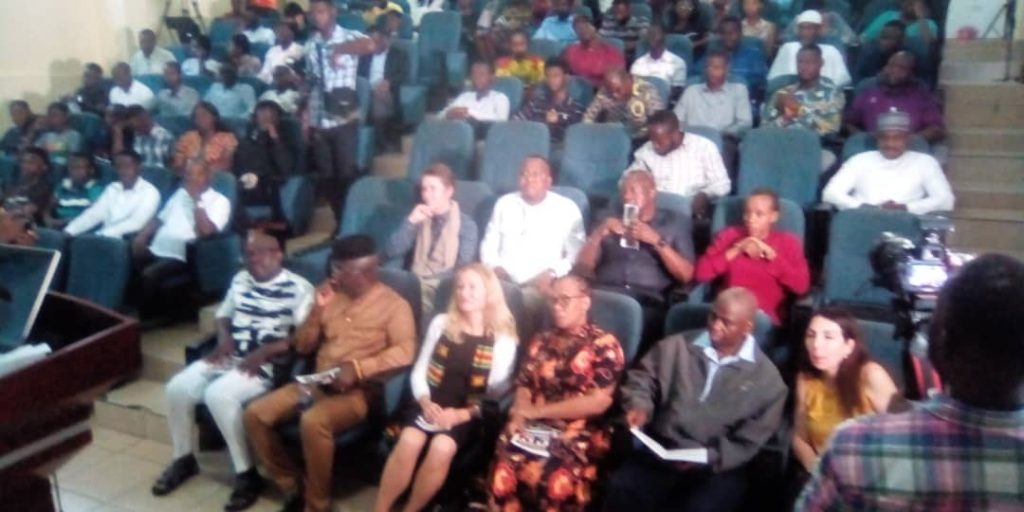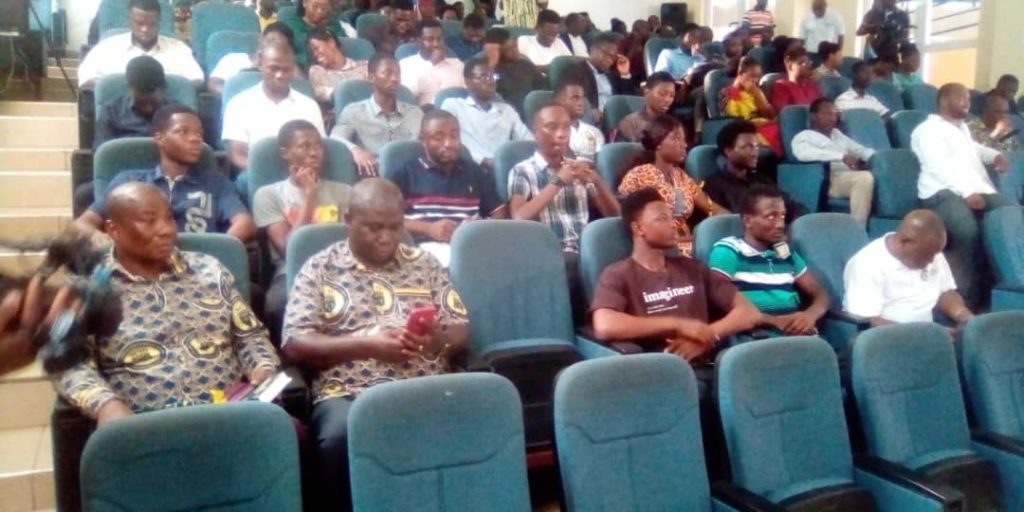By Albert Allotey
Accra, Aug. 26, GNA – African countries have been advised to come out with ethical and regulatory frameworks on Artificial Intelligence (AI) to improve the lives of the people.
Professor Letlhokwa Mpedi, Vice Chancellor and Principal of the University of Johannesburg, South Africa said: “My concerns as an African is that we are sleeping whilst AI is running ahead of us in terms of coming out with ethical, legal and regulatory frameworks.
“It is time we wake up and come out with laws to catch up with this technology because if we do not move with this technology, we are going to be caught napping. And it is universities like ours that have important roles to play in this space,” he stated.
Prof Mpedi made the call when he gave a lecture at the maiden edition of Technology, Business and Society Seminar (TEBUSS) series organised by the Directorate of Research, Innovation and Consultancy of the Ghana Communication Technology University (GCTU).
It was on the topic: “Ethics and Regulation in an AI era: Reflections on present realities and future expectation.”
He said: “AI technologies are like fire that can be harnessed to cook or serve you, but if it controls you then you are in big trouble. So, my argument basically is that we need to control AI through proper ethical and legislative frameworks.”

Prof Mpedi said it had been argued that AI was a potential to play transformative roles in addressing challenges and driving development in Africa on poverty, unemployment, social and economic hurdles.
“In fact, a study unveiled in 2021 Africa Regional Technology and Innovative fora, which predicted that if the continent manages to secure just 10 per cent in the AI market it could lead to a remarkable increase of 1.5 trillion dollars in Africa’s economy, equivalent to half of its current gross domestic product,” he said.
Prof Mpedi who was accompanied by a number of senior members of the executive leadership of the University of Johannesburg touched on a memorandum of understanding (MoU), which was signed between the two universities for exchange programmes.
He urged the authorities of the GCTU, saying; “As a young university you need to rely on partnerships like this to get things done immediately not to wait for years before,” adding; “As Africans we fly over each other and go to Europe and North America to establish partnerships, but we do little on the continent amongst ourselves.
“There is so much we can do together and this MoU will lead to achieving that. Am looking forward that this relationship would grow from strength to strength.”

Prof Emmanuel Ohene-Afoakwa, the Vice Chancellor of the GCTU in a welcoming addressing expressed gratitude to the delegation from the University of Johannesburg and for the signing of the MoU, which he said was a first step to achieve greater things in future.
“We are going to collaborate together to leverage the strength of the University of Johannesburg to be able to grow as a young university,” he stated.
He said the GCTU which existed since 2006, started as a private university and known as Ghana Telecom University College and that with the efforts of its authorities together with the Ministry of Education an Act was passed by Parliament and assented to by President Nana Addo Dankwa Akufo-Addo in 2020, and the institution became a fully-fledged public university under the new name GCTU.
The occasion was used to launch a digital service delivery book authored by Prof Robert Ebo Hinson, Pro Vice-Chancellor of the GCTU.
GNA